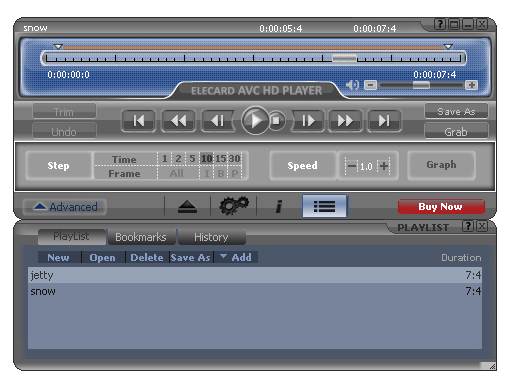H.264 (also called AVC - Advanced Video Coding) is an industry standard for video compression that allows for the recording, compression, and distribution of digital video content. It works by processing frames of video using a block-oriented, motion-compensation-based video compression standard. Those units are called macroblocks. Elecard AVC HD Player is an application specially designed for high-quality HD video decoding an playback. It features an innate AVC/H.264 support that proves very efficient while offering HD. Best Ultra HD Blu-ray players An Ultra HD Blu-ray player brings you one step closer to bringing the movie theater experience into the home. Our top pick has all the features most people will need.
When DivX Accelerated is enabled in DivX Player, you may see the CPU usage drop as the video decoding is being offloaded to your computer’s media hardware. With lower CPU usage, you could more easily watch HD or 4K videos in DivX Player while multitasking. When DivX Accelerated is enabled in DivX Converter, your video encode times could be up to 25-50% faster on average compared to just using software to do the encoding.*
Avc Media Player Free Download
*Individual results may vary.
About DivX Accelerated Solutions
DivX Accelerated for HEVC Video

Elecard Avc Hd Player
Avchd Software
Send me the DivX Newsletter!
Avchd Free Player
This site uses cookies to help us improve our website. We last updated our Privacy Policy on 9/14/20. Please click 'Read More' for more information.